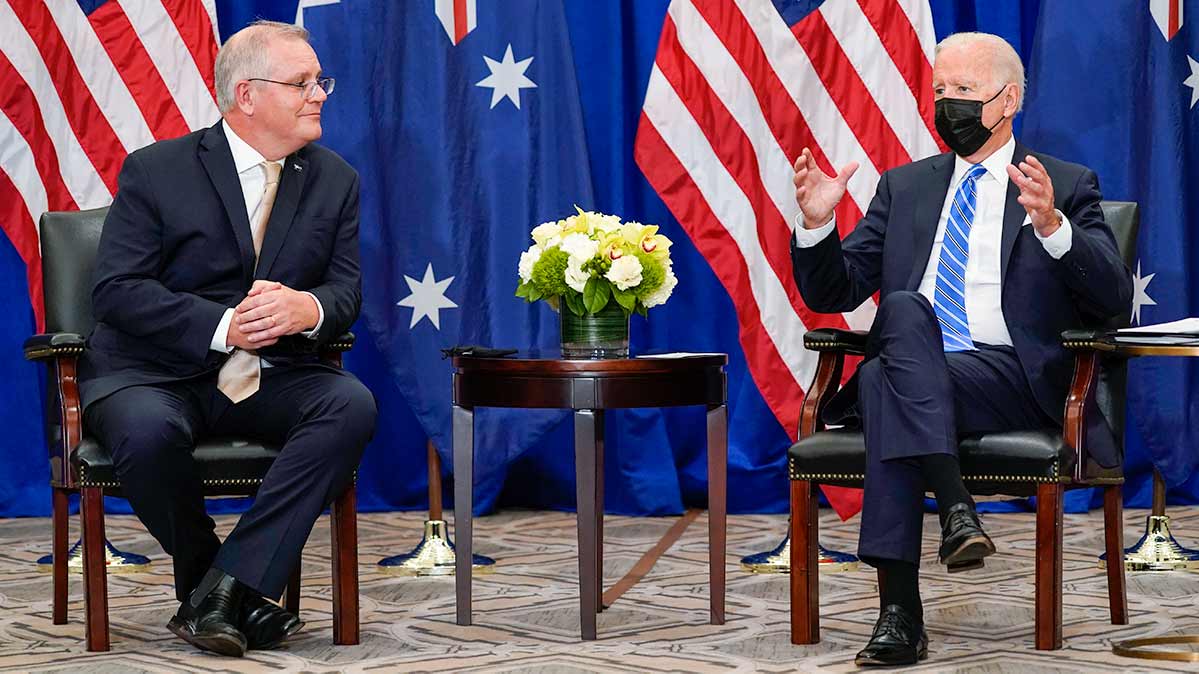China has delivered what is being described as a “killer blow” to the Australian export thermal coal industry after vowing to stop finance of new coal plants beyond its borders.
Addressing the UN General Assembly on Tuesday, Chinese president Xi Jinping delivered a short, sharp statement that could spell the end to an expansion of the world’s coal fired generation capacity – the very basis of Australia’s massive investment in coal mining infrastructure.
“China will step up support for other developing countries in developing green and low carbon energy and will not build new coal-fired power projects abroad,” Xi Jinping said in translated remarks.
It was seen as a stunning development because after the withdrawal of Japan and South Korea earlier this year, China was basically the world’s last significant backer of international coal generation projects.
Its sudden commitment to cease its support is expected to eliminate three quarters of current proposed coal fired power stations and deliver a significant blow to global coal demand – including for Australian thermal coal.
Xi’s remarks were significant, because there was concern that China would play hard ball on climate after the nuclear subs deal between the US, UK and Australia. Apart from the coal remarks, its comments were almost exactly as they were a year earlier, with a promise to cap domestic emissions ben 2030.
Xi’s remarks came in a UN session that also saw US president Joe Biden tell the General Assembly that the US will double its contributions to sustainable finance initiatives, increasing its pledge to provide around US$11.4 billion in financial support each year by 2024.
“This will make the United States a leader in public climate finance,” he said. “And with our added support, together with increased private capital and other — from other donors, we’ll be able to meet the goal of mobilising $100 billion to support climate action in developing nations.”
This is a key point for developing nations ahead of the UN-sponsored climate talks at Glasgow, and came as Biden and Australia’s prime minister Scott Morrison held a meeting where they insisted that they were in “lock step” on matters such as greenhouse emissions and the clean energy transition.
“The United States and Australia are working in lockstep on the challenges that I laid out today in my speech to the United Nations. Ending COVID, addressing the climate crisis, defending democracy, shaping the rules of the road for the 21st century,” Biden said in remarks following the meeting.
“Because I meant what I said. We are at an inflection point; things are changing. We either grasp the change and deal with it, or we’re going to be left behind — all of us.”
But there is little indication that Morrison has grasped the need for that change. He again stopped short of making any new commitments, apart from flagging that yet another “plan” to guide Australia’s transition will be released in the next few weeks, before the COP26 climate talks in early November.
What the plan will include remains vague, and could simply be an update of its “technology roadmap”. Morrison again refused to set a deadline or commitment to reaching zero net emissions, merely saying that Australian and the United States are “seeking to get to the same place”.
“We are going to be making that transition, and we’re going to be making that following an Australian path to achieve that goal,” Morrison said.
“And we’ll be outlining that between now and COP26. And that’s why I was able to indicate to the President today, we are working through our own processes about our plan, and when we are in a position to make further announcements on that, then we will.”
The Morrison government has tasked former chief scientist Alan Finkel with overseeing the preparation of annual “Low Emissions Technology Statements”, which outline government priorities for emissions reduction.
It is expected that the second such statement will be published before the COP26 talks.
The first Low Emissions Technology Statement – which detailed five priority technologies selected by the Morrison government for support – has been used to justify government funding being provided to carbon capture and storage projects, including funding redirected from renewable energy projects.
The UN, and climate scientists, are putting pressure on Australia and other developed countries to bring an end to coal generation by 2030.
The energy minister of Australia’s largest state, NSW’s Matt Kean, says that can be done, but the federal government refuses to consider that target, pushing instead for a new market mechanism that would likely pay coal generators to continue burning fossil fuel for many more years.
The advocacy group Market Forces noted that since 2013, two thirds of global public finance for coal power stations outside China (around US$50 billion) had come from China itself, mostly through its state owned banks.
“On face value, this is a killer blow to the future of Australia’s coal exports,” Market Forces executive director Julien Vincent said in a statement.
“Australia’s coal industry has been gambling on increasing coal-fired power generation in developing countries to replace declining long-term demand in places like Japan, South Korea and Taiwan.”
“China’s announcement today is a body blow to Australian coal exporters, whose plans for growth are predicated on delusions of new coal power plants being built across Asia.
“Just last week the Reserve Bank of Australia warned Australian coal investments are at risk of becoming stranded assets as countries pursue decarbonisation goals.
“The signal for Australia from today’s announcement could not be clearer – it’s beyond time to plan a future away from coal.”










